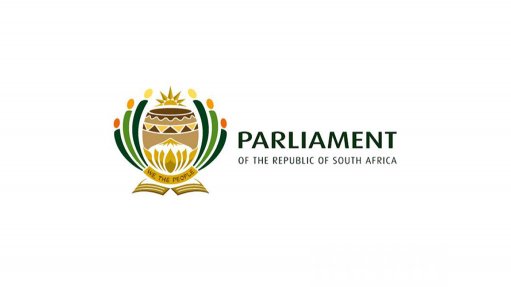
Parliament's select committee on cooperative governance and traditional affairs, water and sanitation says it is concerned at the lack of a tangible drought strategy to deal effectively with the challenges South Africa is currently facing.
Last week commercial farmers said a ravaging drought had so far affected more than 37 percent of rural communities and sounded the alarm on the country's food security. On Tuesday, the main opposition Democratic Alliance on Tuesday accused municipalities and the provincial government in the Free State of failing to assist residents with disaster drought relief.
In its statement, the parliament committee acknowledged the existence of a disaster management strategy for the country, but said it had strongly advocated for a sector specific plan that set out clearly how South Africa could mitigate future challenges.
“We have long heard that South Africa is a water-scarce country and scientists have predicted frequent droughts as a result of a warming globe. What we need is foresight if we are to ensure security of water provision in the country,” chairperson China Dodovu said.
The unintended consequence of a lack of a strategy was an ad hoc response to challenges within the sector during droughts, which were both expensive and not timeous, the committee said, reiterating a call for the government to urgently consider developing a drought strategy looking at a possible water mix for South Africa, infrastructure to improve rain water harvesting, as well as ways to ensure an efficient consumption culture.
It acknowledged government interventions in dealing with drought in some provinces, noting projects such as the commissioning of the second phase of the Lesotho Highlands programme and Mzimvuku among others, but said implementation must be swift.
Water shortages in Hammanskraal continued to afflict the community and the continued use of tankers to service people’s needs in the area was concerning, the committee said.
"While we note and acknowledge the need for the intervention, the running costs of tankering, which are estimated at R1.8-million a week, is unsustainable in the long term,” Dodovu said.
The committee said the council in Tshwane municipality, under which Hammanskraal falls, had failed to apply forward planning especially in relation to infrastructure development to deal with high migration.